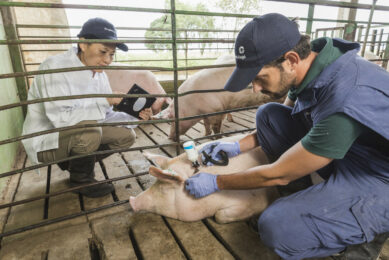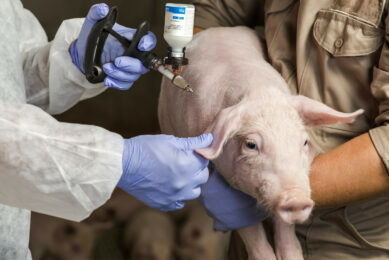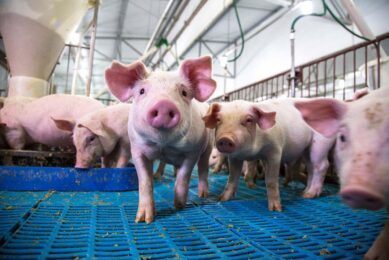Turkey taking measures to prevent spread of FMD
Turkish regions along the Bulgarian border are taking measures to prevent the spread of Food-and-Mouth Disease (FMD).
The Turkish authorities have suspended all movement or evacuation of animals in the region of Kirklareli, Hasan Cebi was quoted, head of the agricultural directorate in the province.
The existence of Foot-and-Mouth Disease is a threat to EU member state Bulgaria’s pig populations, as e.g. wild boar can cross from one country to another through holes in the border fence. The EU aims to have a non-vaccination status and if necessary the disease will be stamped out.
It is not exactly known as to where could be the source of the Foot-and-Mouth Disease outbreak. Confirmations of FMD have been found in e.g. wild boar in Bulgaria – but hitherto immunological finds suggested that the disease was spreading from European Turkey.
Vaccination
The vaccination measure will be in place until 9 May 2011. In addition, the authorities in European Turkey are moving to start immunisation of local domestic animals against FMD. According to EU sources, the European Commission has provided Turkey with 850,000 immunisation doses even though the Turkish state has not provided official information.
“We’ve introduced these measures because of the FMD outbreak in Bulgaria. We have urged the local population to be careful in order not to allow the spread of the disease,” the Kirklareli official is quoted as saying.
In January-February and then again since mid-March Bulgaria has been struggling to contain the spread of FMD.
Local virus
The information on animal movement restrictions, if confirmed, can be interpreted as indicative of locally suspected virus circulation. Turkish Thrace, including Kirklareli, is officially and internationally recognised as an ‘FMD-free zone with vaccination’.
The region’s susceptible population consists of cattle, buffalo, sheep and goat. ww
Related website and source:
• Novinite











